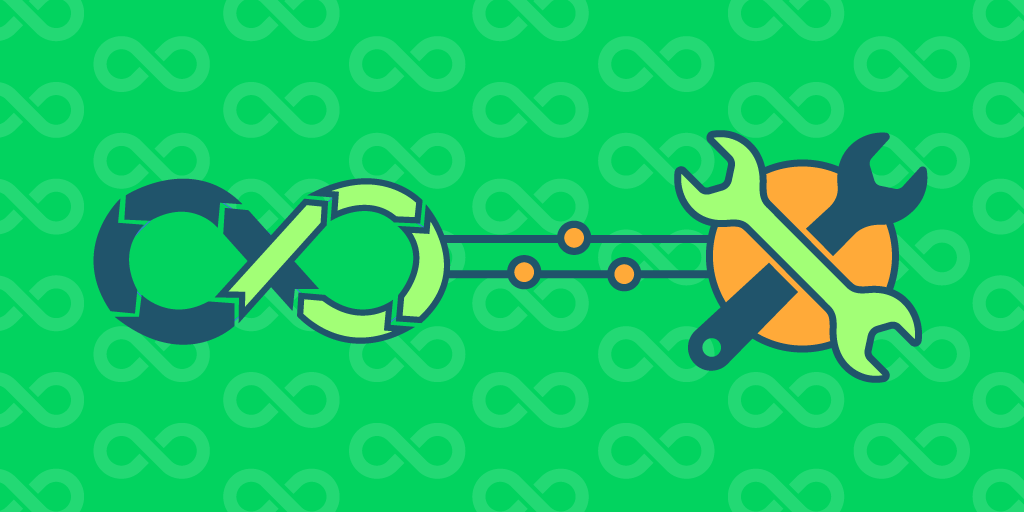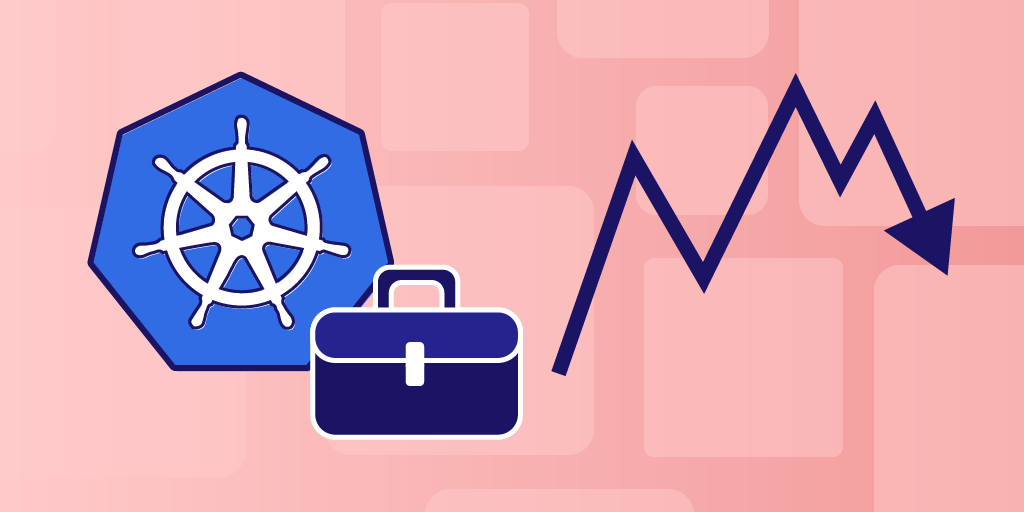
Introduction
The DevOps Toolkit Catalogue – AI-Powered Course aims to bridge the gap between theoretical DevOps concepts and real-world practice by combining structured curriculum, interactive labs, and AI-driven guidance. This review examines what the course offers, how it looks and feels, how well it performs in different learning scenarios, and whether it delivers value for learners and teams.
Overview
Product: The DevOps Toolkit Catalogue – AI-Powered Course
Provider: The DevOps Toolkit (course platform/team)
Product category: Online professional training / DevOps & cloud engineering course
Intended use: Skill development for individuals and teams focused on modern DevOps workflows — including Kubernetes, multi-cloud deployments, serverless patterns, CI/CD, infrastructure as code (IaC), monitoring, and migrating real applications to production.
In short, the course is positioned as a hands-on, practice-first training catalogue supported by AI features to accelerate learning, provide contextual hints, and assist with troubleshooting.
Appearance, Materials, and Design
Being a digital product, “appearance” refers to the course UI, lesson layout, and learning materials. The platform presents a clean, modern dashboard with clear progress indicators, module lists, and quick access to labs and repos. Visual assets include:
- Short video lessons with presenter + slides, typically 5–20 minutes per video.
- Text transcripts and downloadable PDFs or slide decks for each lesson.
- Embedded diagrams and architecture schematics to explain flows (network, deployment pipelines, service meshes).
- An integrated browser-based terminal or cloud sandbox for hands-on labs, plus links to GitHub repositories containing code and IaC templates.
Unique design elements:
- AI assistant panel integrated into lesson pages that offers hints, code suggestions, and answers to procedural questions.
- Pre-provisioned lab environments for multi-cloud scenarios (commonly AWS/Azure/GCP) to reduce setup friction.
- Scenario-based “catalogue”—modules are organized as real-world use cases (e.g., “migrate stateful apps to Kubernetes across two clouds”).
Key Features & Specifications
- Curriculum coverage: Kubernetes (including multi-cluster/multi-cloud), CI/CD pipelines, serverless deployment, IaC (Terraform, CloudFormation examples), monitoring & observability, security best practices (DevSecOps), and cost-aware deployments.
- AI-powered guidance: adaptive learning suggestions, real-time hints in labs, basic code review and corrections, and contextual troubleshooting tips.
- Hands-on labs: browser terminals, sandboxed cloud resources, automated environment provisioning, and step-by-step lab guides with expected outcomes.
- Real-world scenarios: pre-built sample applications and migration projects to practice end-to-end workflows.
- Assessments & checkpoints: quizzes, lab validations, and small projects to demonstrate competency.
- Resource kit: downloadable slide decks, sample repo links, IaC templates, and cheat sheets.
- Progress tracking and badges: module completion marks, estimated hours per module, and recommended learning paths for novice, intermediate, and advanced learners.
- Community features: forum or discussion channel and periodic instructor office hours (availability varies by subscription model).
- Prerequisites: basic Linux command line, Git, and fundamental programming or scripting knowledge recommended.
Experience Using the Course
Getting started (first impressions)
Enrollment and onboarding are straightforward. The dashboard or catalogue view gives a recommended learning path based on your self-assessed skill level. Lab provisioning is mostly automated — you click a “Start lab” button and the sandbox gets created (usually within a few minutes).
Beginner scenario
For new learners, the step-by-step labs, short videos, and in-line transcripts work well. The AI assistant provides friendly hints and points to the next concept when you get stuck. However, beginners should allow extra time for cloud console navigation and for understanding cost implications of running cloud resources (the course often uses lightweight sandboxed resources, but some labs may require real cloud accounts depending on the plan).
Intermediate / experienced engineer
Intermediate learners will appreciate the real-world scenarios that combine multiple tools (e.g., Terraform + Kubernetes + CI/CD + monitoring). The course is effective for quickly validating patterns and testing migration approaches. Advanced engineers may find some modules not deeply exhaustive — the course favors breadth and practical workflows over highly specialized deep dives.
Team training & workshops
The catalogue format works well for running focused team workshops (e.g., a half-day Kubernetes migration sprint). Shared access to labs and the ability to standardize a learning path across team members is a plus. The AI helper can reduce facilitator load by answering routine questions during labs. For enterprise-scale training, features like single sign-on, dedicated instructor support, or custom content may be limited or require enterprise plans.
Hands-on project and production readiness
Hands-on projects closely mimic real tasks: writing IaC, setting up a CI/CD pipeline, deploying to multi-cloud clusters, and instrumenting observability. The lab validation checks are useful but not a substitute for production hardening. The course is valuable for learning patterns and validating migration choices, but production deployments still need careful security reviews, cost considerations, and architecture validation beyond course scope.
AI assistant performance
The AI features are helpful for clarifying instructions, suggesting fixes, and accelerating common tasks (e.g., suggesting a correct kubectl command or Terraform snippet). Caveats:
- The assistant occasionally suggests suboptimal or incomplete commands; verify before executing in production environments.
- AI responses work best for procedural and syntactic help — conceptual or architecture-level guidance still benefits from human instruction.
Reliability and support
Labs are generally stable. Rarely, sandbox provisioning can be delayed or time out (typically recoverable by retrying). Support is responsive for common issues, though SLA and dedicated support vary by subscription tier.
Pros & Cons
Pros
- Practical, hands-on curriculum focused on real-world use cases rather than abstract lectures.
- AI-powered hints and code assistance shorten the feedback loop and help beginners progress faster.
- Pre-provisioned labs and integrated terminals reduce setup friction and make getting started fast.
- Multi-cloud coverage and scenario-based modules are useful for practitioners facing cloud portability challenges.
- Well-structured modules, downloadable resources, and clear progress tracking.
- Good fit for individuals, small teams, and workshop-style training.
Cons
- AI suggestions can be imperfect — they are a helper, not a substitute for expertise or thorough testing.
- Depth varies by topic; some advanced topics (e.g., enterprise-grade cluster architectures, deep networking, or advanced security hardening) may require supplemental resources.
- Sandbox lab provisioning may occasionally be slow or limited depending on demand or subscription level.
- Potential for cloud costs if labs or optional exercises require your own cloud account — cost management guidance is present but varies by module.
- Enterprise features like custom content, single sign-on, or dedicated instructor-led delivery may be limited without higher-tier plans.
Conclusion
The DevOps Toolkit Catalogue – AI-Powered Course is a solid, hands-on DevOps training option that blends practical labs with AI-assisted learning. Its strengths are in pragmatic, scenario-driven content, streamlined lab access, and the productivity boost from integrated AI hints. These elements make it especially valuable for learners who want to practice end-to-end DevOps workflows and for teams running focused upskilling workshops.
That said, buyers should be aware that AI assistance is supportive rather than authoritative — always validate AI-generated commands or architecture suggestions. Advanced practitioners may find some modules less deep than specialized training, and enterprises with complex training requirements should check feature availability for SSO, dedicated support, and customization.
Overall impression: Recommended as a practical, efficient course for individuals and teams looking to gain hands-on DevOps experience quickly. It is particularly useful for those who value interactive labs and guided learning; for deeply specialized or compliance-heavy enterprise training, plan to complement this course with targeted advanced resources or instructor-led engagements.
Reviewed product: The DevOps Toolkit Catalogue – AI-Powered Course — Explore diverse DevOps tools and processes, from Kubernetes in multi-cloud environments to serverless deployment, with hands-on practice and AI-assisted learning.







Leave a Reply